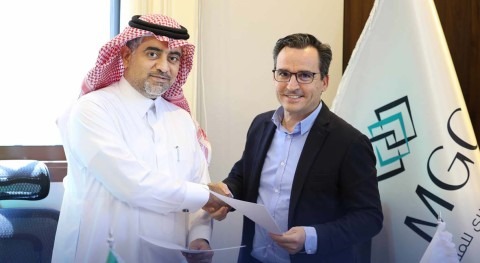Algeria is set to invest $3 billion in the second phase of its water desalination expansion project, with plans to build six new plants by 2030, reports Zawya.
This effort is part of a broader $5.4 billion initiative aimed at enhancing the country’s drinking water supply to address rising climate-related challenges.
Lotfi Zennadi, CEO of the state-owned Algerian Energy Company, shared that this second phase will come after the completion of five desalination plants scheduled to begin operations in 2024 under the $2.4 billion first phase.
With the new plants, Algeria’s capacity to produce drinking water from the Mediterranean will increase from 2.2 million cubic meters per day (m3/day) to 3.7 million m3/day.
Once fully operational, the 11 seawater reverse osmosis (SWRO) facilities, each producing up to 300,000 m3/day, will boost the nation's desalination output to 5.8 million m3/day, meeting 60% of Algeria’s drinking water needs by the end of the decade.
The Algerian Energy Company will manage these plants, supplying water to the state-owned distribution company Algérienne Des Eaux at rates between 52 and 100 Algerian dinars per cubic meter ($0.39 to $0.76 per m3).


















